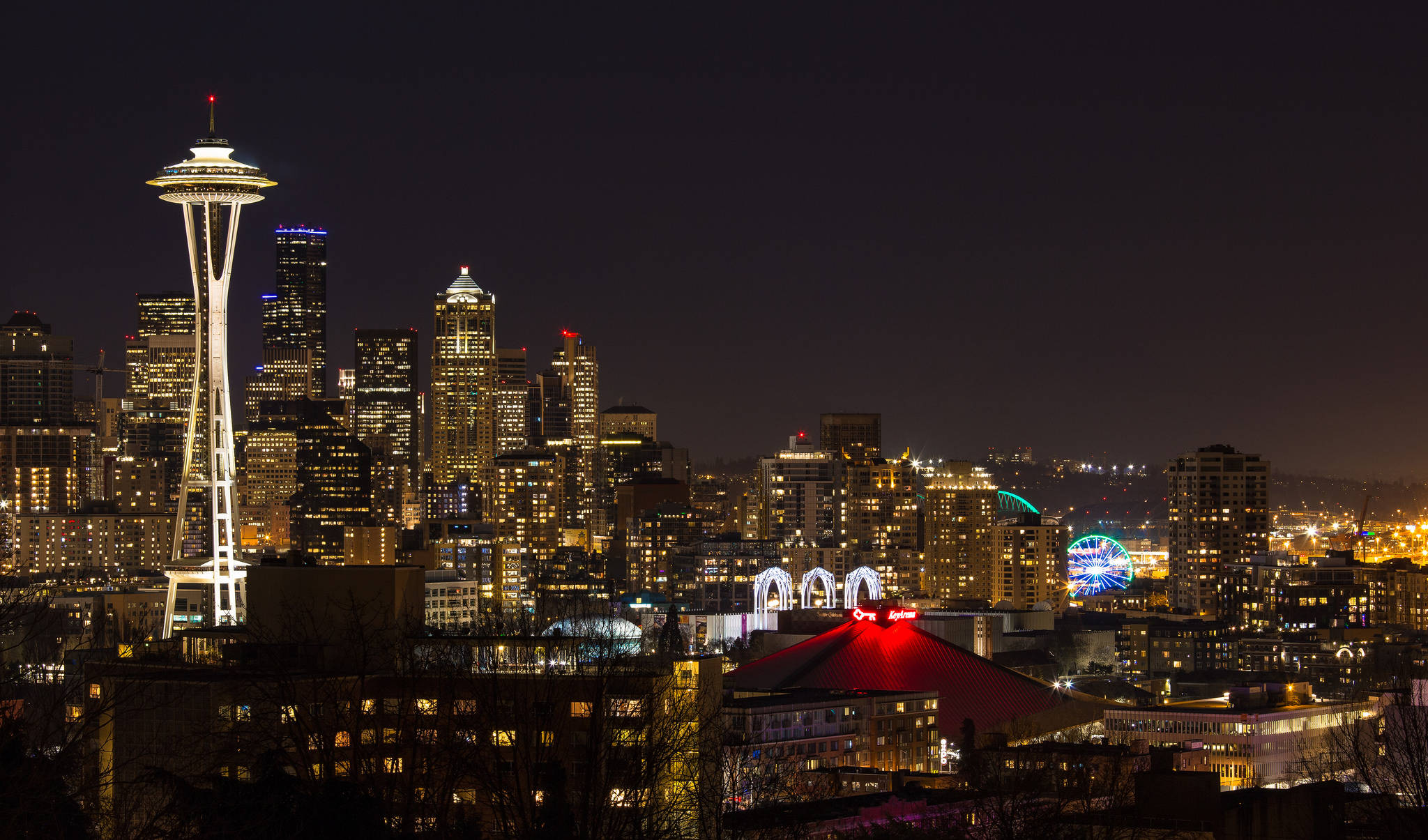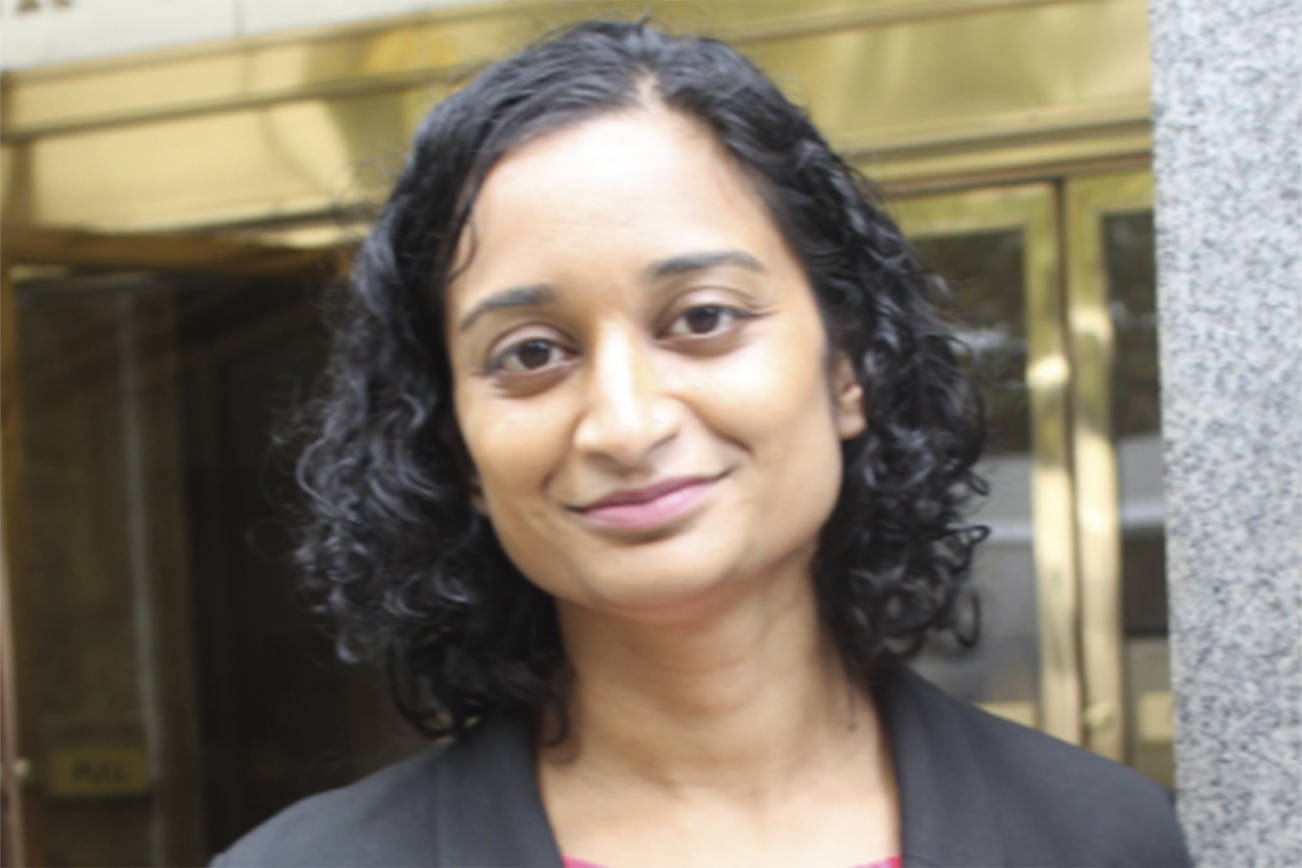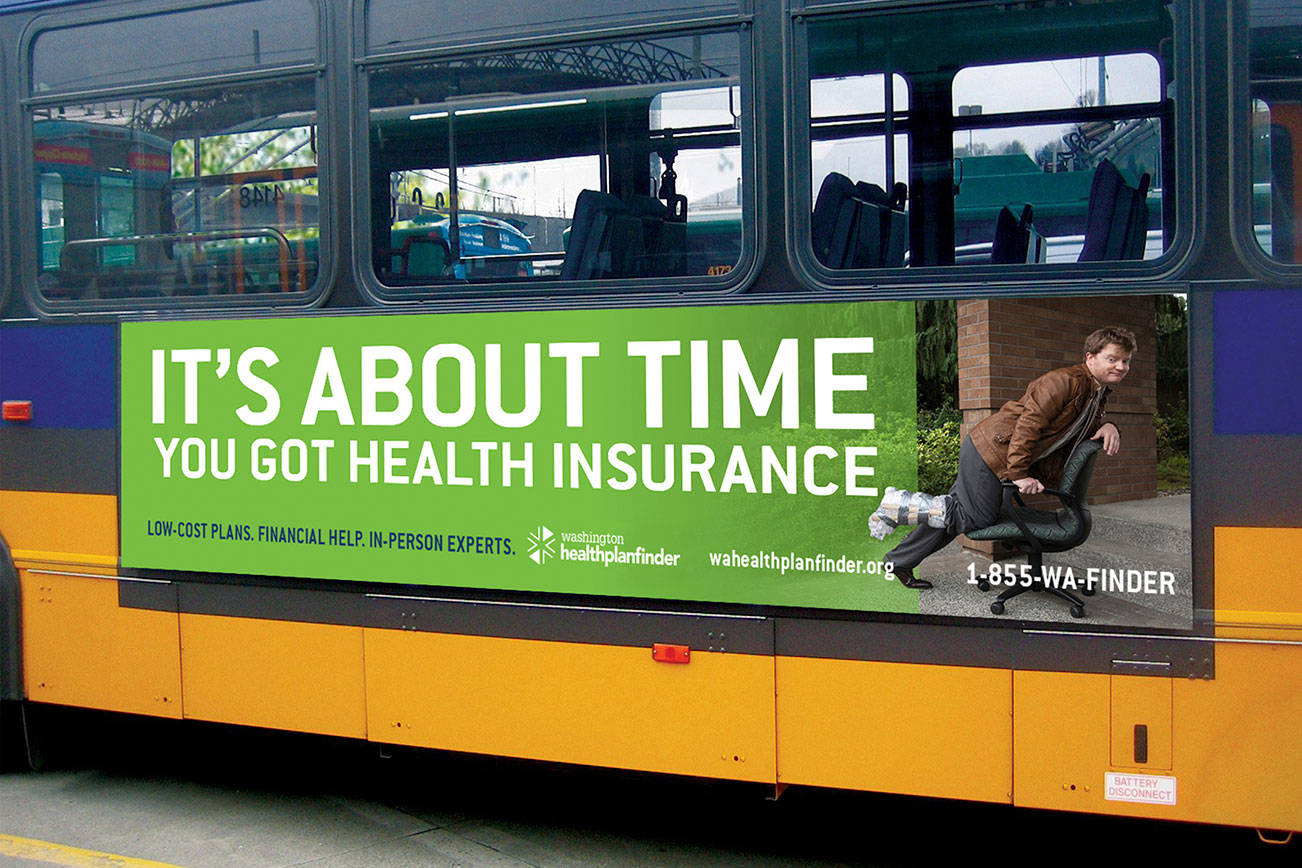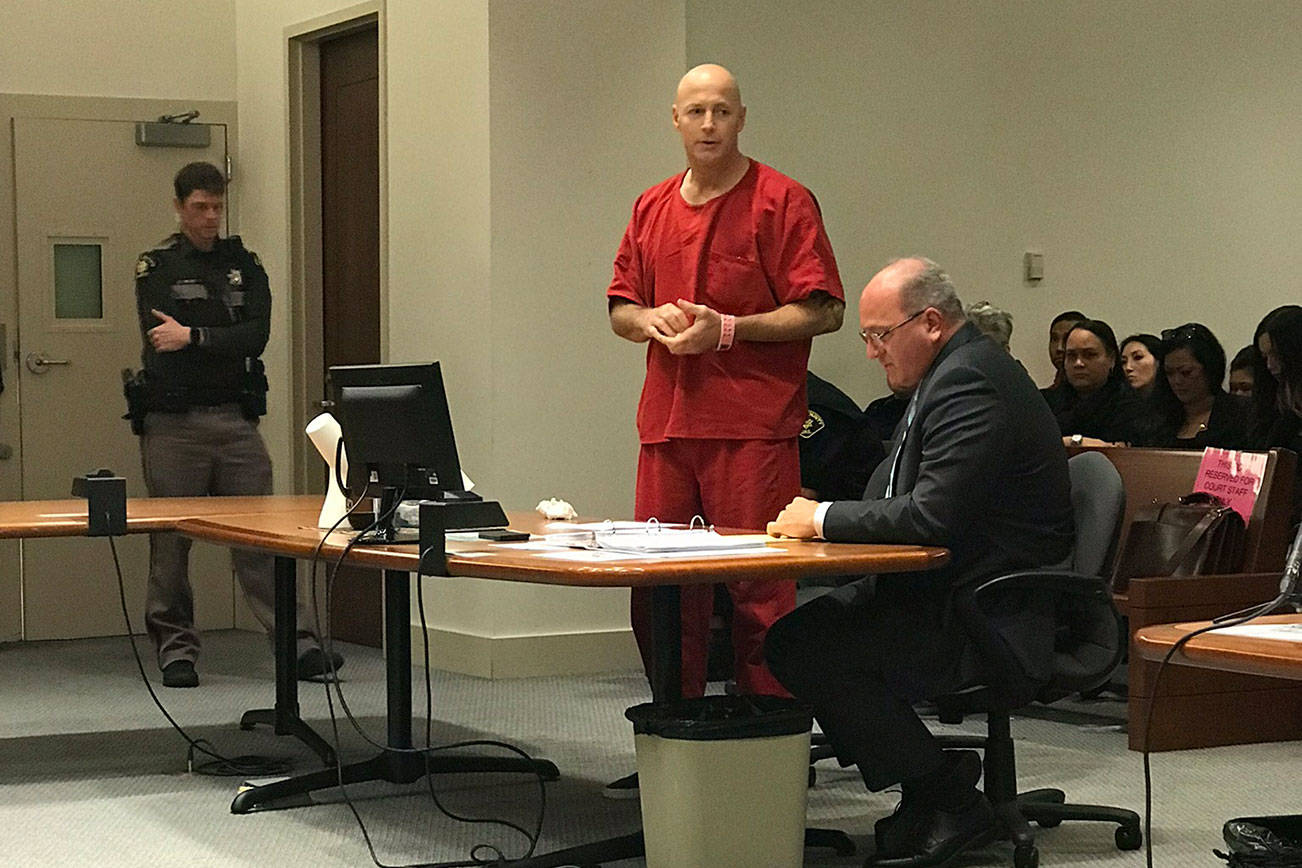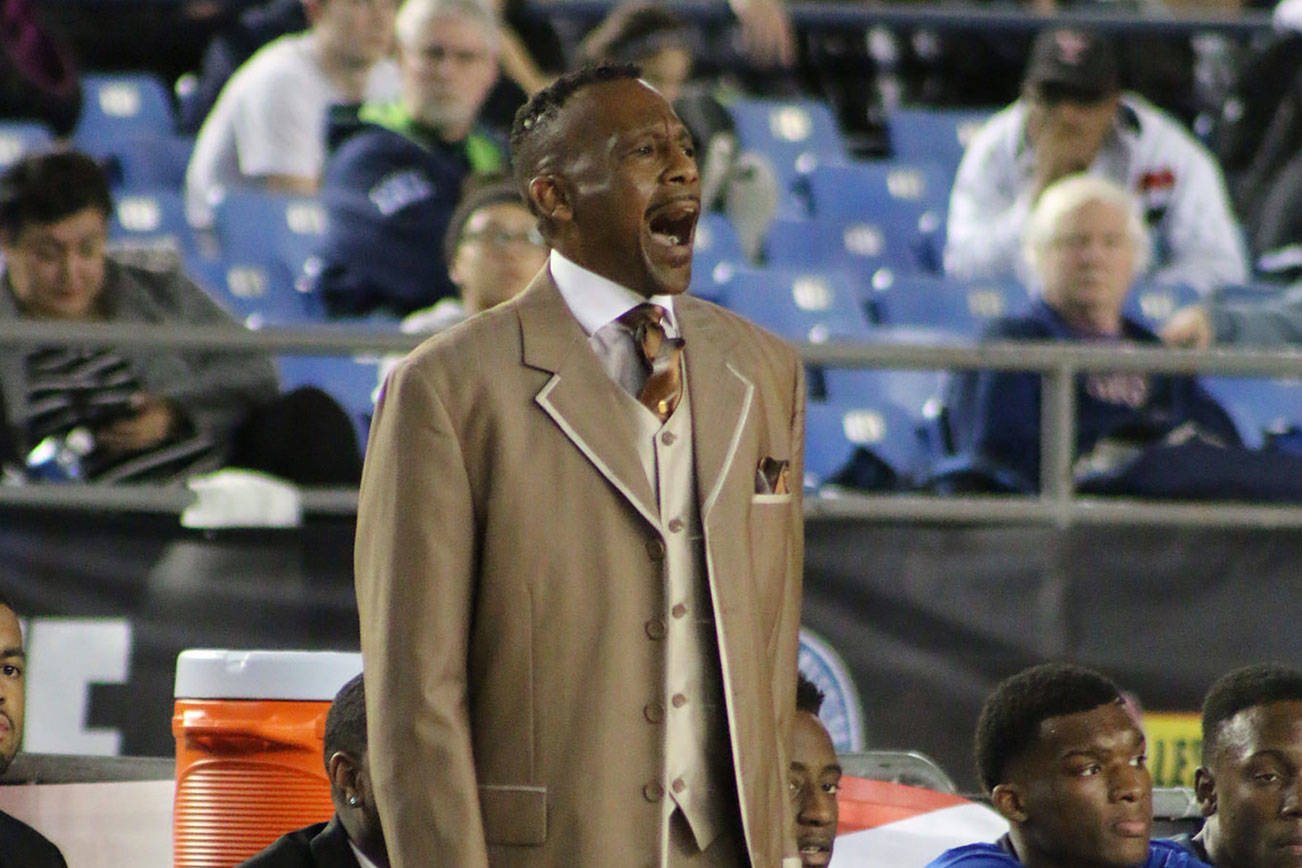Several regional tourism-promotion organizations stand to lose out on roughly $90 million over the next two decades as a result of a King County Council plan that will spend roughly $135 million on Safeco Field upkeep.
Last week, in a last-minute move, five of the nine King County Councilmembers voted to amend a proposal from Executive Dow Constantine, which would’ve funneled roughly $180 million from the lodging tax (a fee on hotel and motel stays) toward Safeco Field upkeep. The proposal will chop the stadium funding to $135 million and reallocate roughly $160 million to affordable housing to appease advocates who called for more revenue.
The bump for housing came at the expense of another pool of money: roughly $100 million intended—in Constantine’s original proposal—for general tourism promotion in Seattle and South King County. As the amended legislation currently stands, only $8 million will go toward tourism promotion over the next eight years, meaning that regional tourism organizations—Visit Seattle, the Seattle Southside Regional Tourism Authority, and the Kent Public Facilities District—will have to compete for roughly $1 million annually.
“We were told and led to believe that that 25 percent would be invested in regional tourism promotion in our county,” said Katherine Kertzman, President and CEO of the Seattle Southside Regional Tourism Authority, a publicly funded entity that promotes tourism for South King County cities such as SeaTac, Tukwila, and Des Moines. “I was completely caught off-guard and shocked and disappointed.”
State law dictates that at least 37.5 percent of the lodging-tax revenue goes to affordable housing near transit stations, another 37.5 percent gets invested in arts and cultural programming, and the remainder goes toward tourism. Kertzman said that had her organization received the expected annual $1.5 million, they would have invested in marketing for regional events and businesses, such as restaurants in Burien and Des Moines attractions like the waterfront and farmers market. “I’m frustrated with our part of the county getting overlooked,” she added.
Tom Norwalk, president and CEO of Visit Seattle, a private nonprofit promoting tourism in Seattle and King County, said that the new plan is “short-sighted” because it fails to re-invest some of the revenue into the industry that ultimately helps contribute to the tax through hotel stays. “If we’re not doing our jobs properly for investing and competing in the future, that entire tax stream is in jeopardy and in question,” he said.
Councilmember Claudia Balducci, one sponsor of the amendment that stripped the funding originally intended for tourism promotion, said at the Sept. 5 Council meeting that they would continue to engage with Kertzman and the other organizations to see if they could find money to restore their funding. However, both Norwalk and Kertzman said no specific alternatives have emerged in their discussions with councilmembers.
Councilmember Dave Upthegrove, one early critic of allotting public funds to Safeco Field maintenance, is skeptical that any money will be shifted to tourism. “I anticipate that I—and possibly others—will run an amendment to possibly reduce the amount for [Safeco Field] and shift that into more broad-based tourism funding,” he said. “I don’t know that that would pass, but I certainly think that it’s worth a try.” Upthegrove said that due to concerns about the displacement of immigrant-owned businesses voiced by members of the Tukwila Somali-American community at council hearings on the lodging-tax ordinances, any amendment that he would push would include language to allocate some of the money to immigrant-owned business development. “There’s issues down south with business displacement in SeaTac and Tukwila with small business owned by immigrants. We’d like to make a Pike Place market of the south end,” he said.
But the money would have to come from somewhere. Upthegrove said there isn’t an appetite on the Council to chip away the allocations for either affordable housing or Safeco Field that are outlined in the amended lodging-tax spending plan.
The Seattle Mariners, who had previously stated that they wouldn’t sign their new 25-year lease for Safeco Field unless the county invested the $180 million in upkeep, now have indicated that the $135 million allocation is acceptable and that they will renew their lease.
The legislation will go to the full Council for a final vote on Sept. 17.
